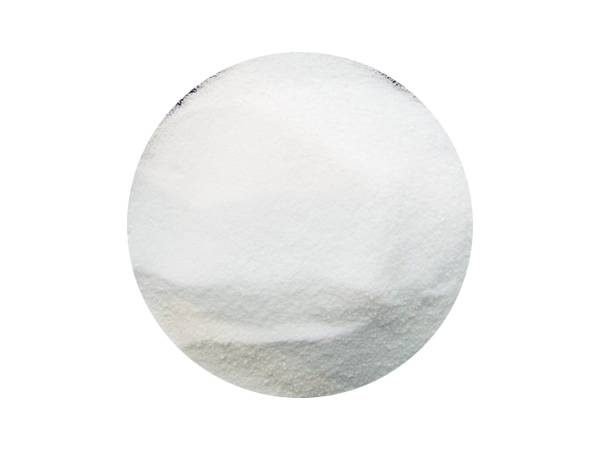



anionic polyacrylamides
Anionic Polyacrylamides Characteristics and Applications
Anionic polyacrylamides (APAMs) are water-soluble polymers that have gained significant attention in various industries due to their unique properties and versatility. These synthetic polymers are derived from acrylamide monomers, which are polymerized in the presence of anionic groups (negatively charged functional groups), enhancing their solubility in water and imparting useful characteristics.
One of the most notable features of anionic polyacrylamides is their excellent flocculation properties. Flocculation is a process where fine particulates agglomerate into a floc, which can then be easily removed from suspensions. Due to their high molecular weight and anionic charge, APAMs are particularly effective in promoting the aggregation of suspended particles in water treatment processes. This makes them invaluable in municipal and industrial wastewater treatment, where they help in the clarification and purification of water by facilitating the removal of impurities.
In addition to water treatment, APAMs find numerous applications in the oil and gas industry. They are utilized in enhanced oil recovery processes, where they serve as thickening agents to improve the viscosity of water used in the extraction of oil. By increasing the viscosity, APAMs help in reducing the mobility of the injected water, leading to improved oil displacement and recovery rates. Furthermore, these polymers also stabilize drilling fluids, ensuring efficient drilling operations.
anionic polyacrylamides

The agricultural sector also benefits from the application of anionic polyacrylamides. They are used in soil conditioning and erosion control, helping to improve soil structure and moisture retention. By enhancing the soil’s water-holding capacity, APAMs contribute to more sustainable agricultural practices, especially in arid regions where water scarcity is a concern. Additionally, they play a role in reducing runoff and preventing soil erosion, promoting healthier ecosystems.
Environmental sustainability is becoming increasingly important, and anionic polyacrylamides are seen as a part of the solution. Some formulations are designed to be biodegradable, reducing long-term environmental impact. This characteristic aligns with the global shift towards eco-friendly solutions in various sectors.
Despite their advantages, the use of anionic polyacrylamides is not without challenges. Concerns related to the safety of acrylamide, a potential neurotoxin, have prompted researchers to explore alternative compounds and safer formulations. Ongoing studies aim to fully understand the implications of APAMs on human health and the environment.
In conclusion, anionic polyacrylamides are versatile polymers with a wide range of applications across different industries, including water treatment, oil and gas, and agriculture. Their ability to agglomerate particles, enhance viscosity, and improve soil quality makes them invaluable in addressing various industrial and environmental challenges. However, continued research and development are crucial to ensure their safe use and to explore more sustainable alternatives for the future.
-
Why Sodium Persulfate Is Everywhere NowNewsJul.07,2025
-
Why Polyacrylamide Is in High DemandNewsJul.07,2025
-
Understanding Paint Chemicals and Their ApplicationsNewsJul.07,2025
-
Smart Use Of Mining ChemicalsNewsJul.07,2025
-
Practical Uses of Potassium MonopersulfateNewsJul.07,2025
-
Agrochemicals In Real FarmingNewsJul.07,2025
-
Sodium Chlorite Hot UsesNewsJul.01,2025










